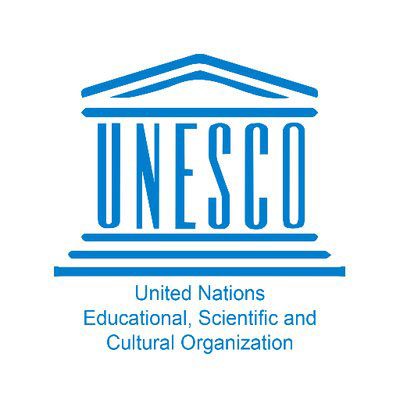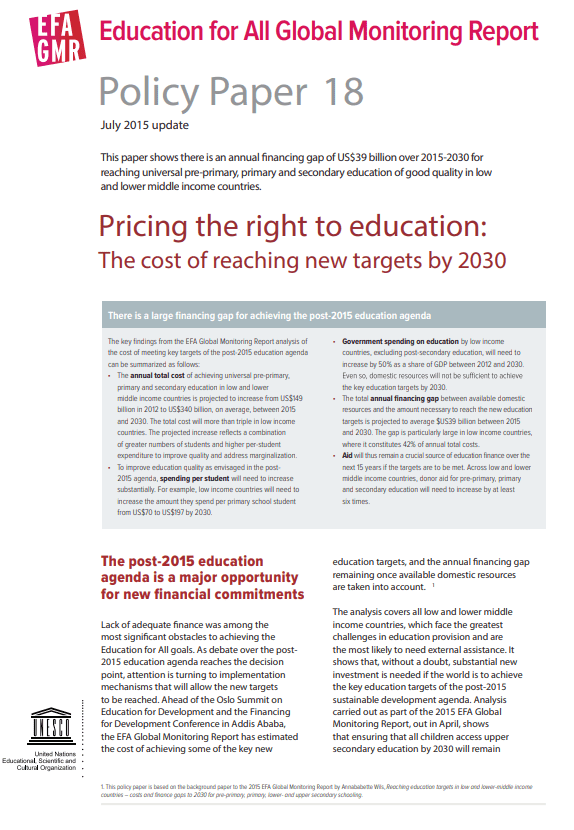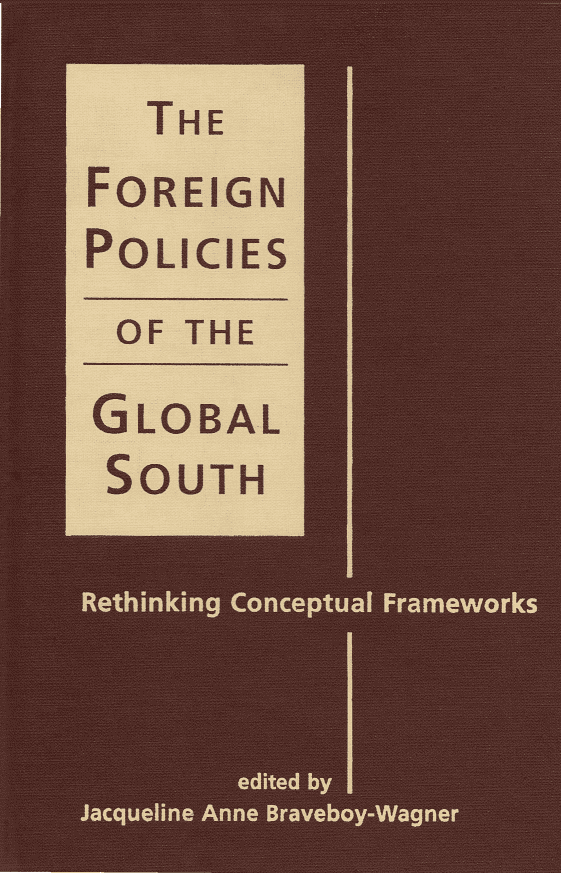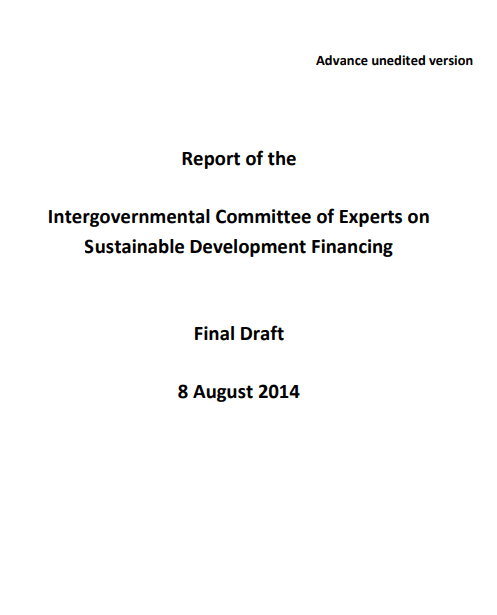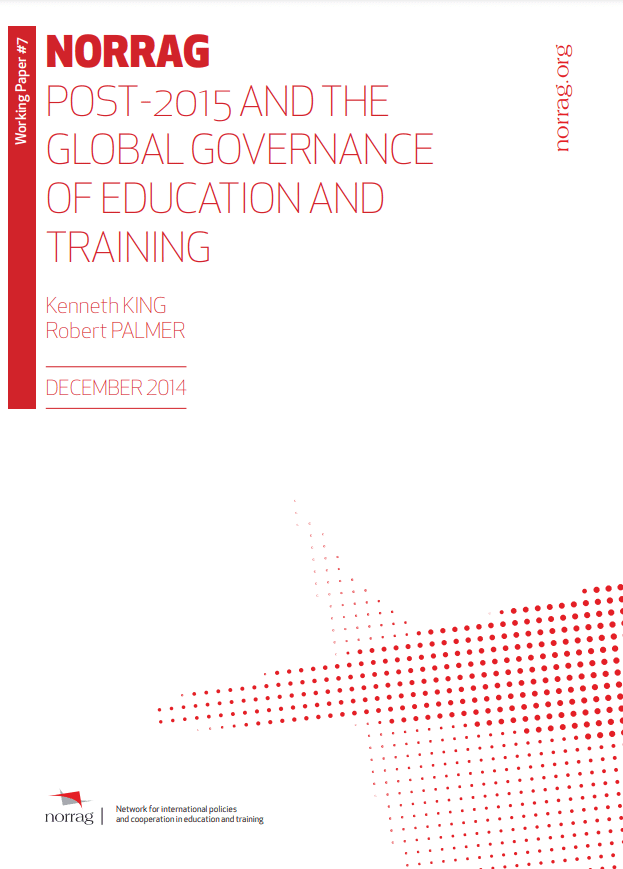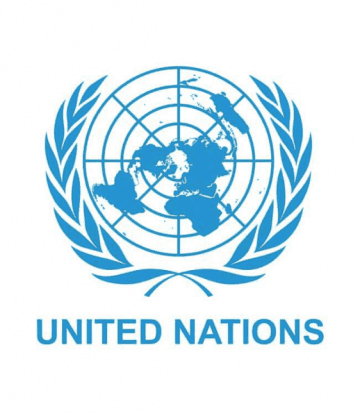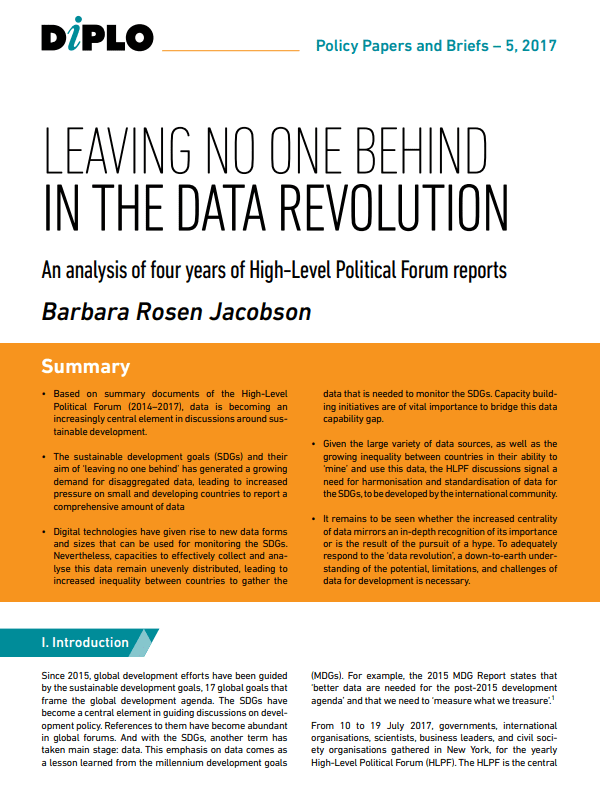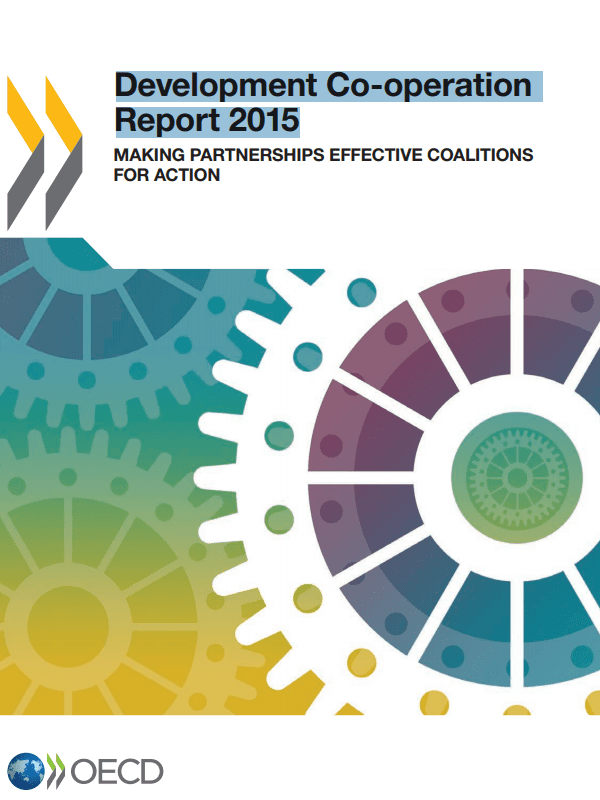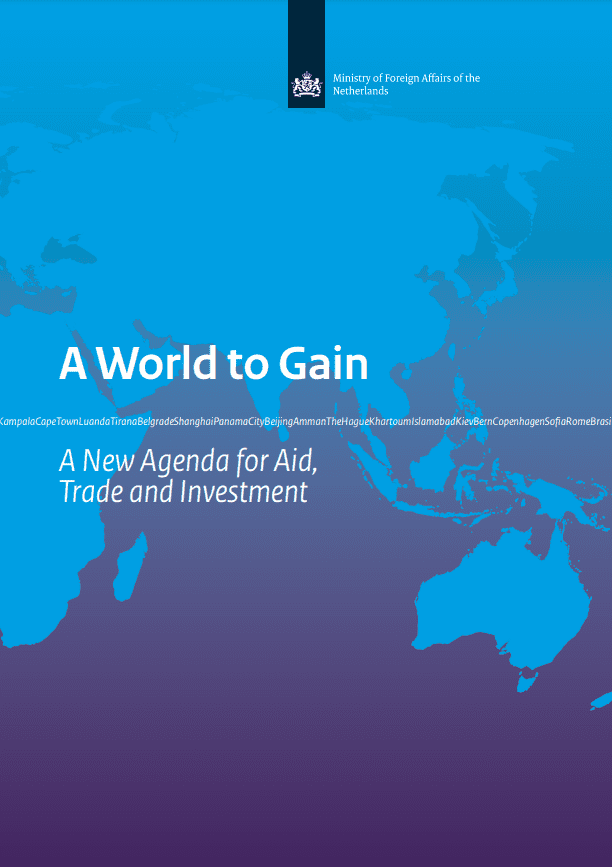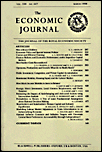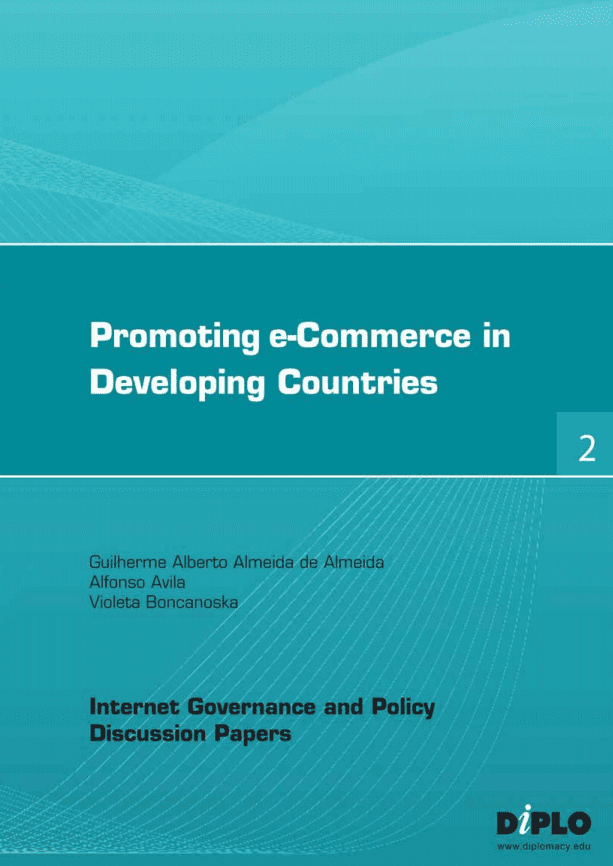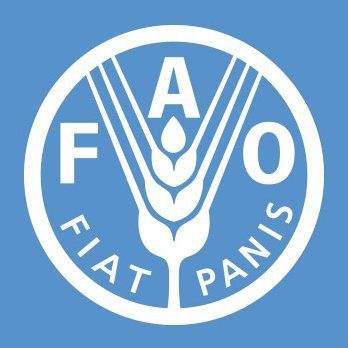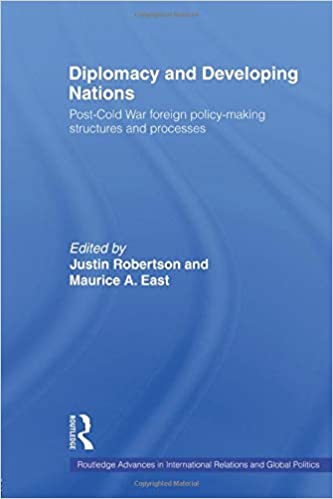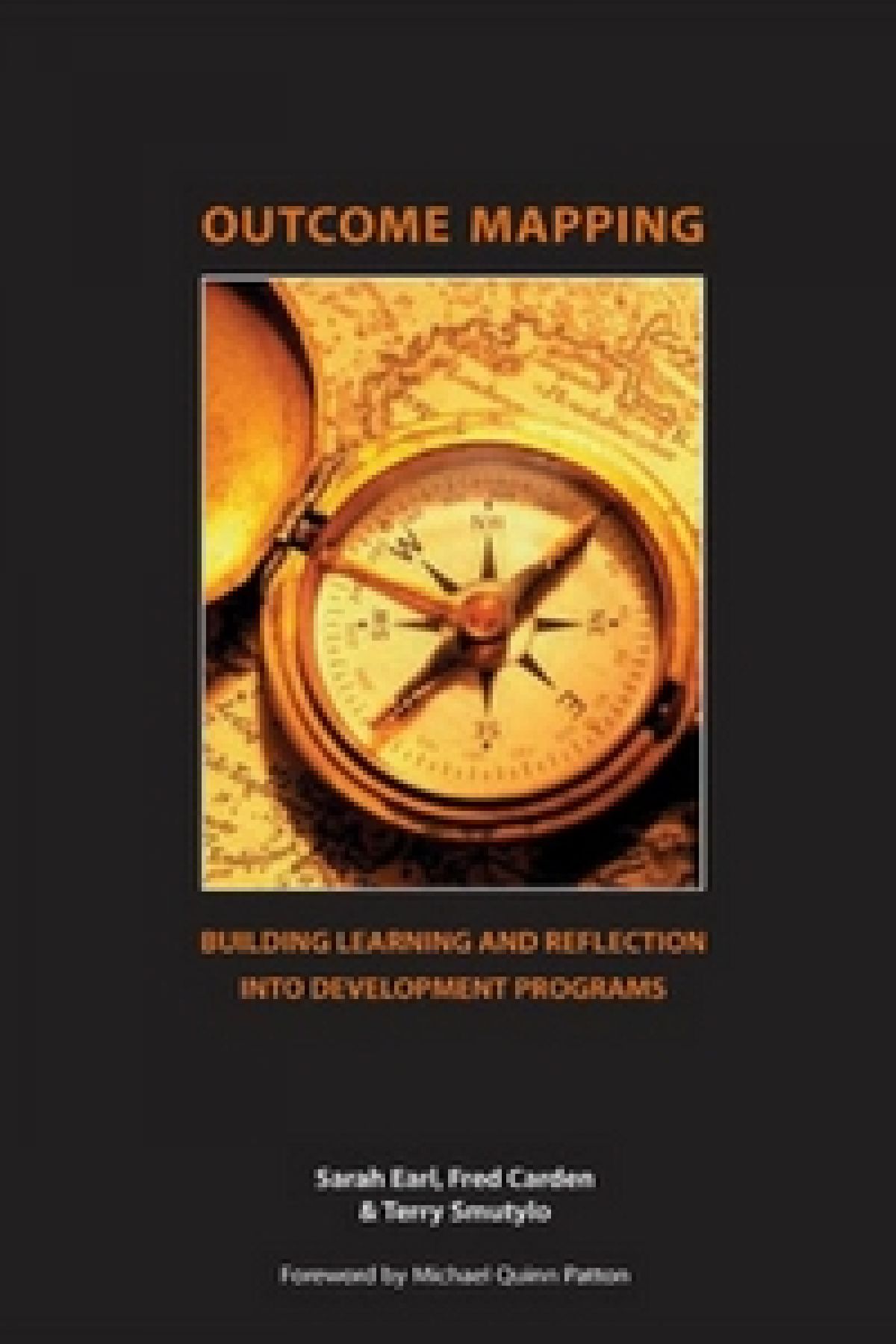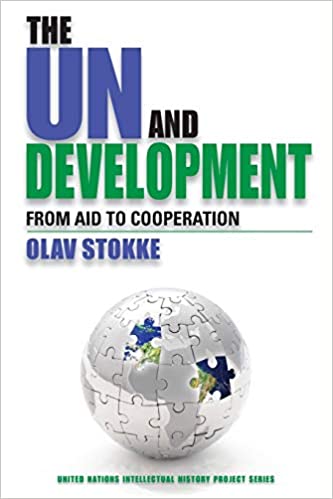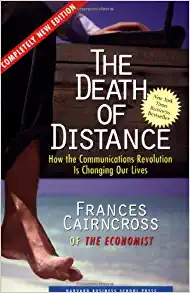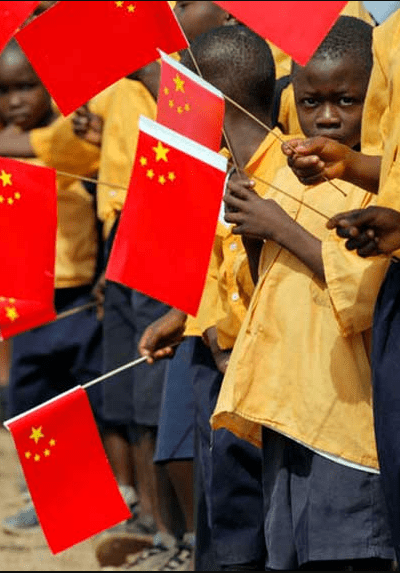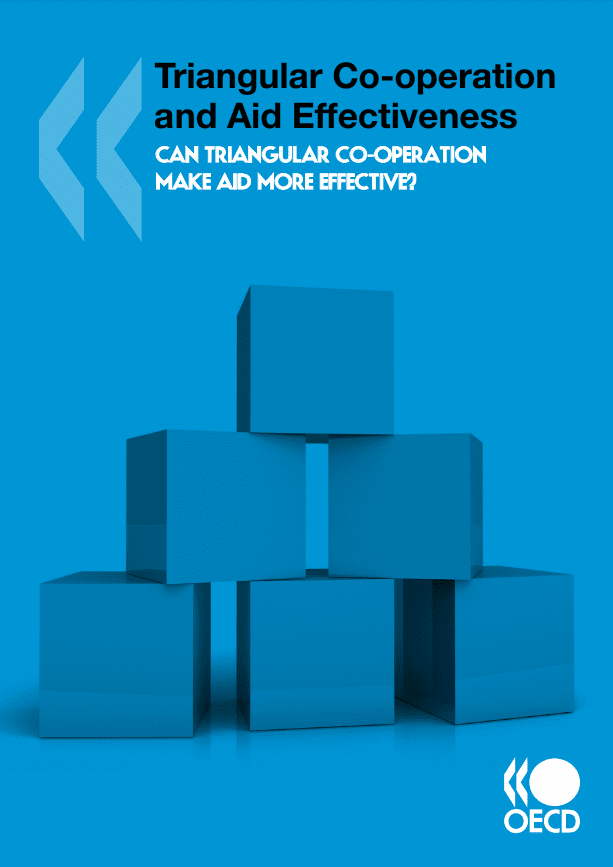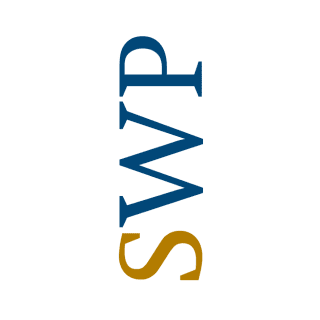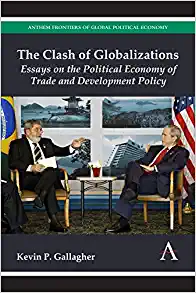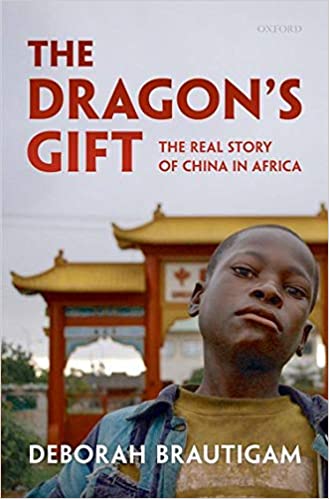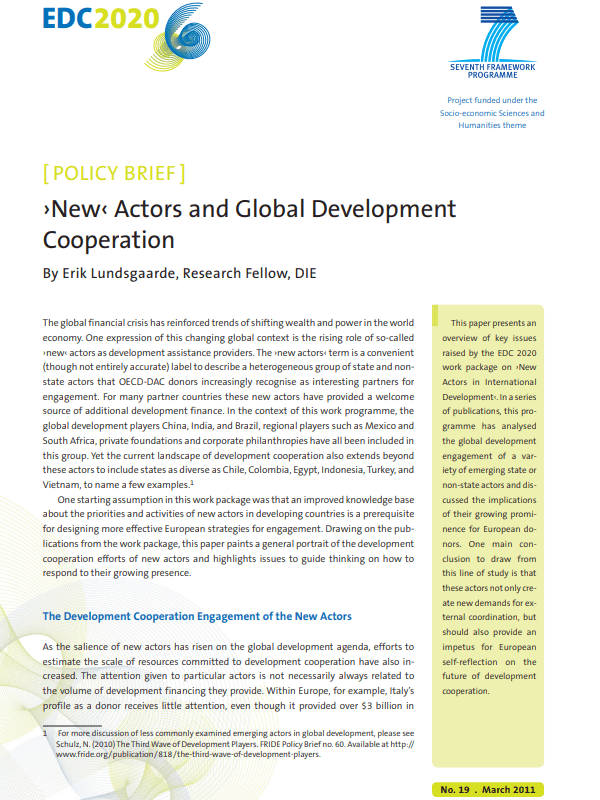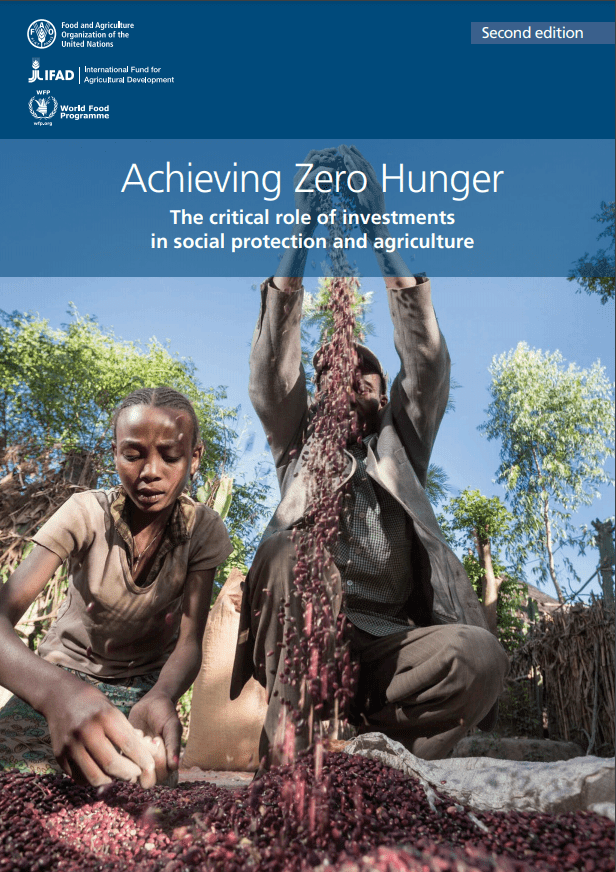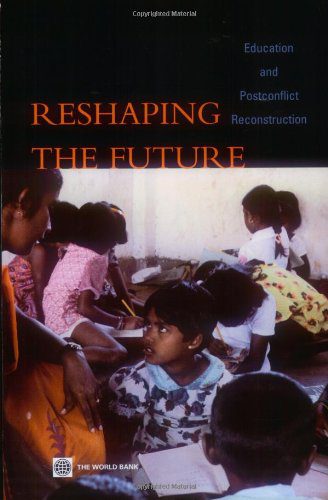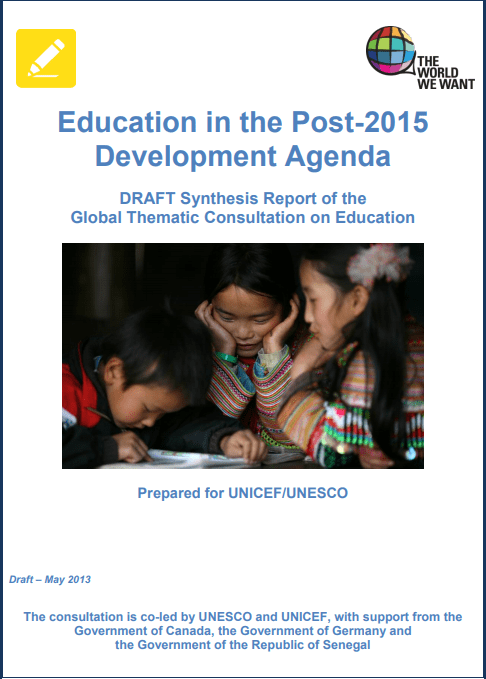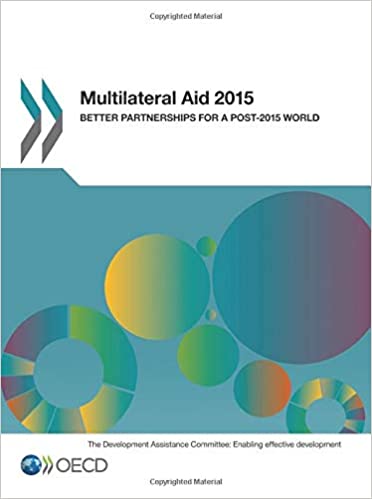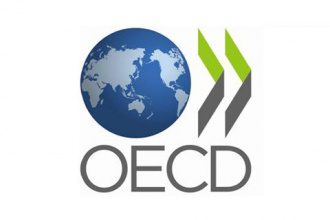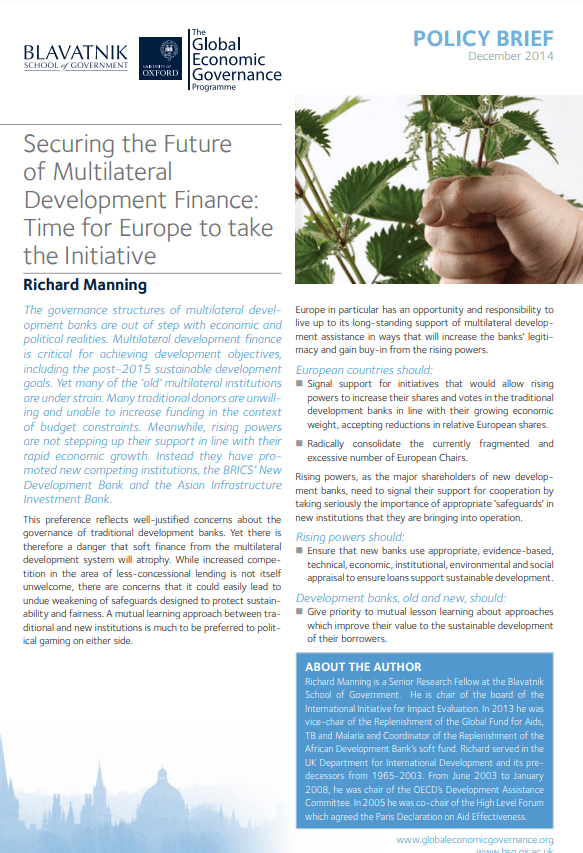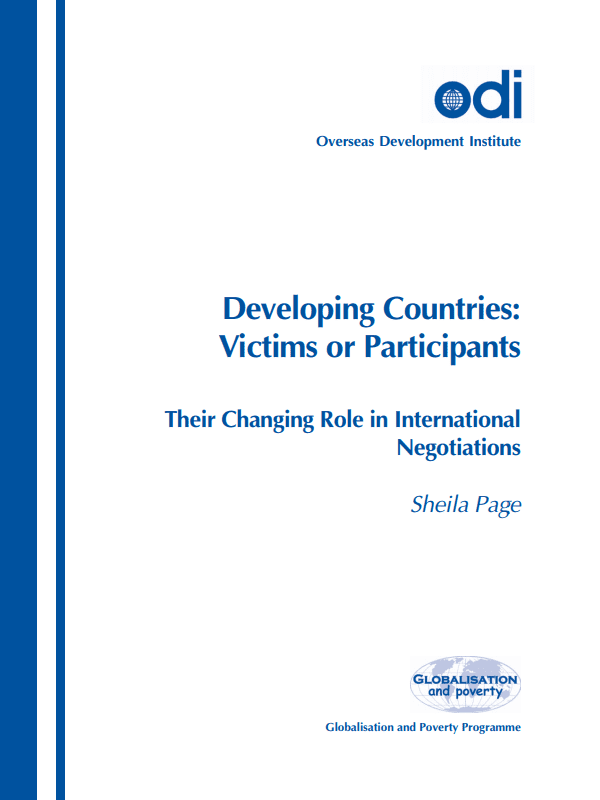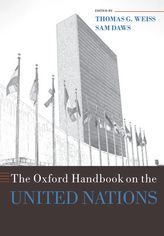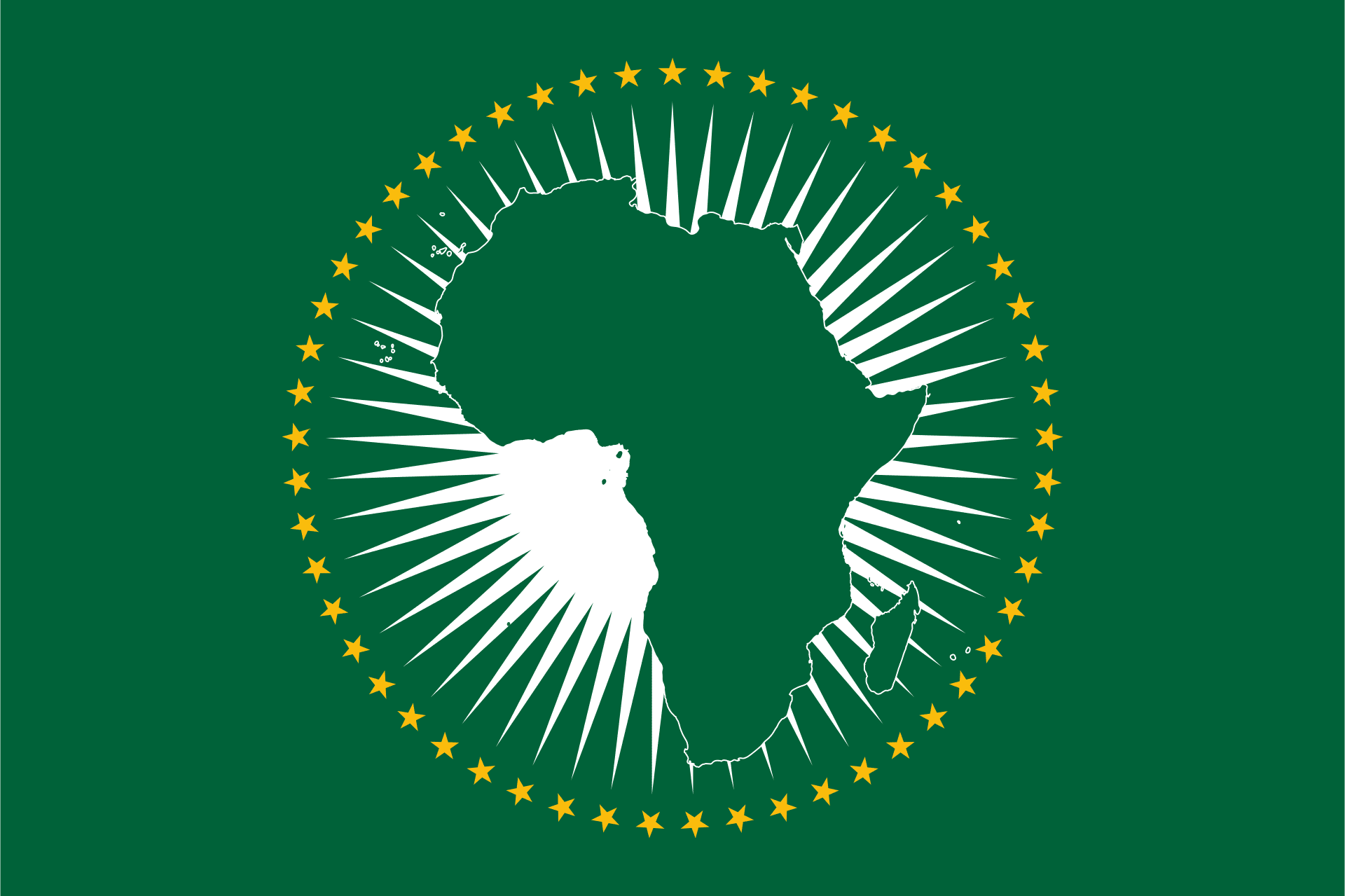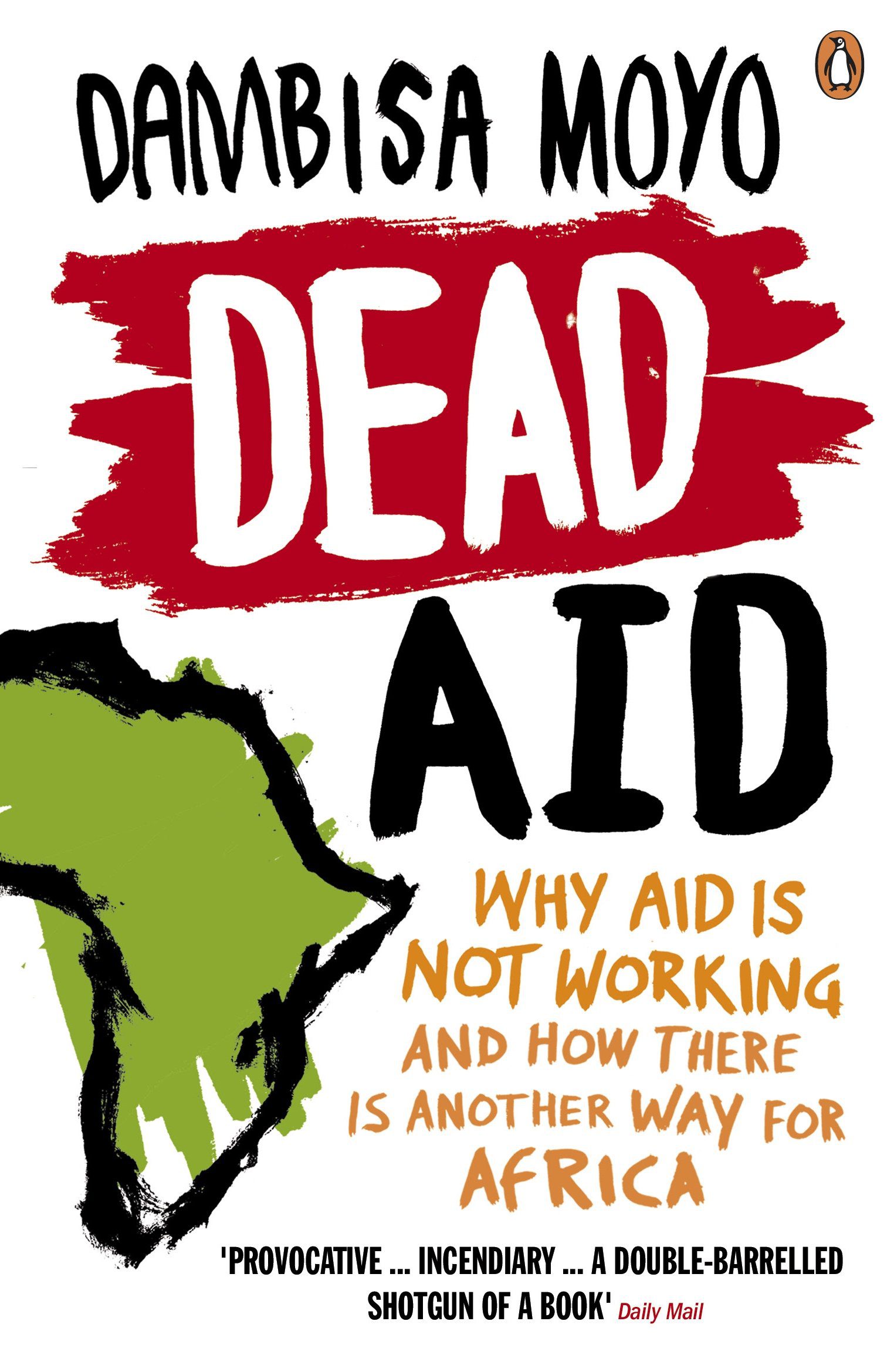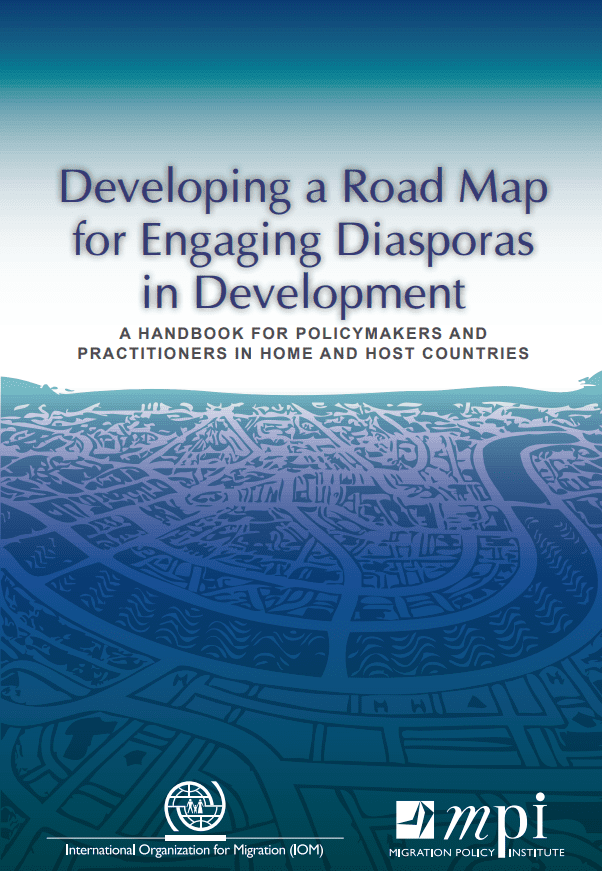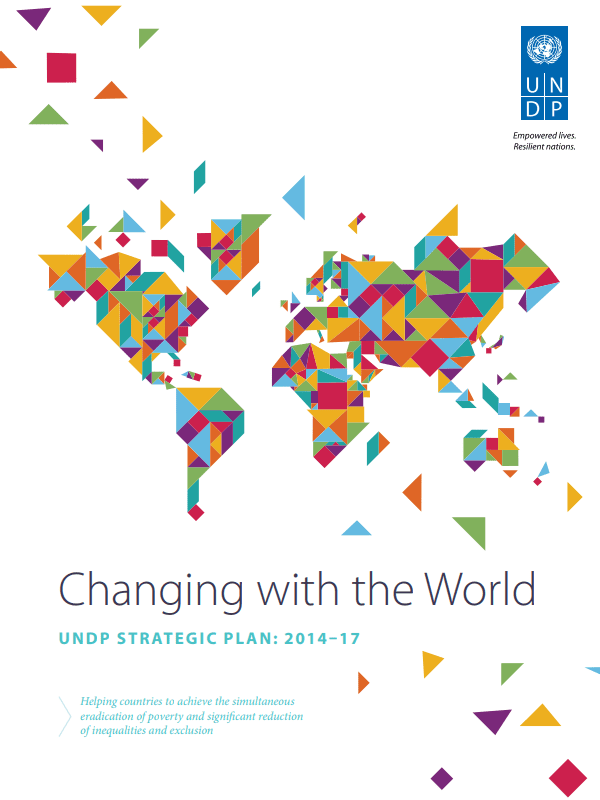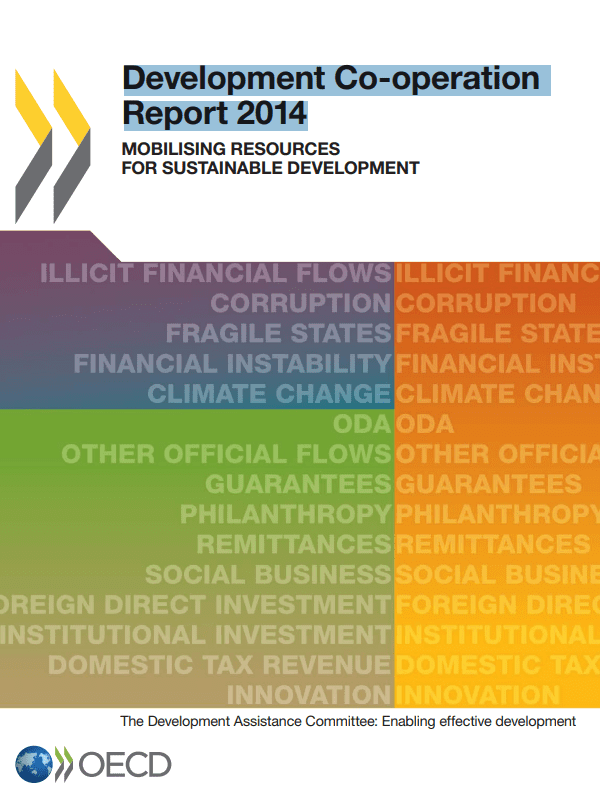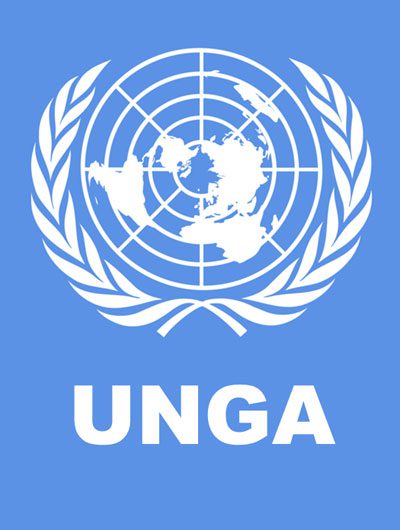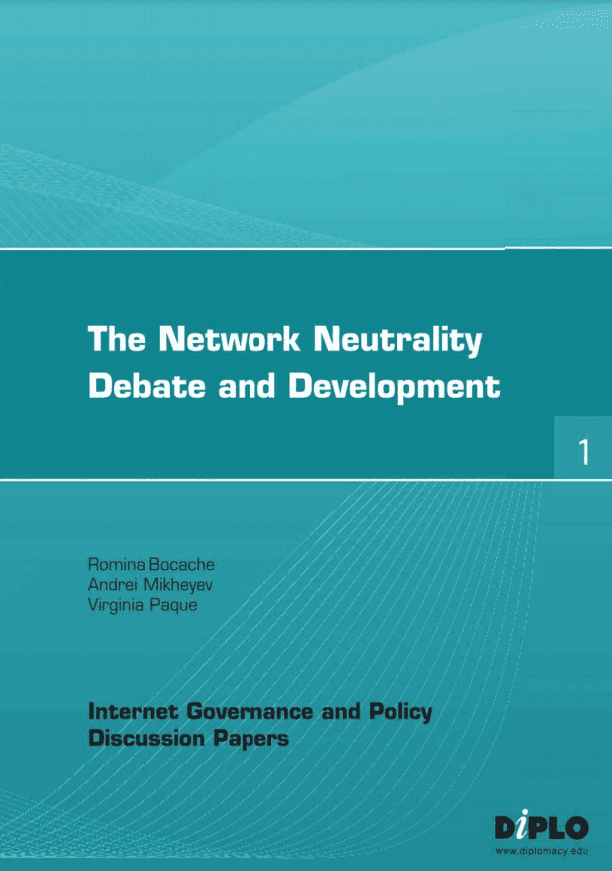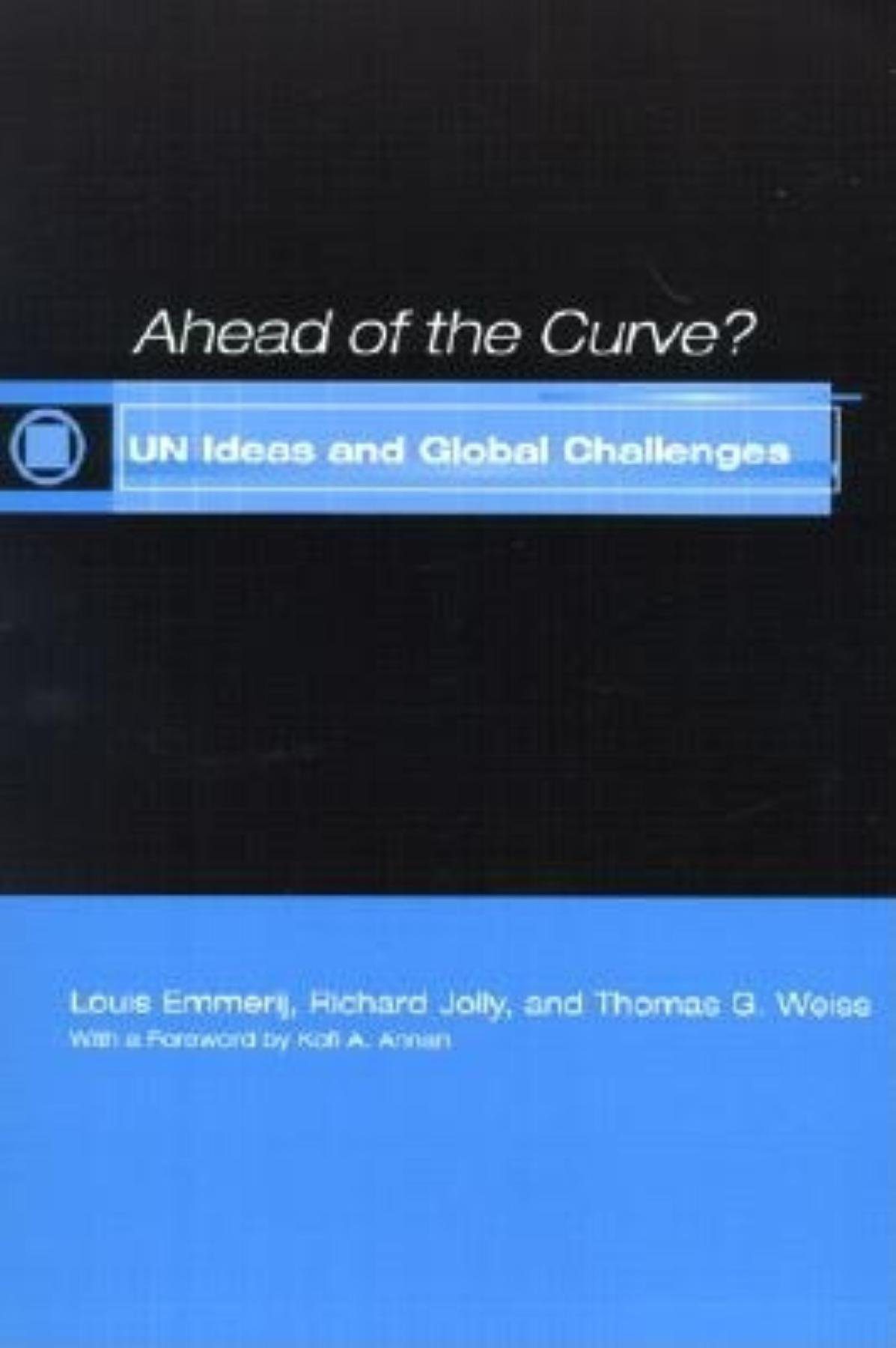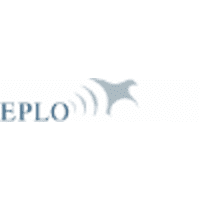Authors: Jennifer Cassingena Harper | John Harper
Knowledge management and change in international organisations: Learning from the private sector
2002
The emerging concept of “learning economies” (i.e. those where the ability to learn is critical to the success of individuals, firms, regions, and national economies) has sharpened the focus on knowledge as a vital strategic resource. Building competencies and establishing new skills—and not merely getting access to information—has thus become a fundamental activity for both macro- and micro-economies.
Traditionally, commercial organisations have instinctively protected their sources of competitive advantage and have used patent rights to insure their innovative actions. However, in the wake of the information revolution has come a new appraisal of the function of global knowledge as a corporate asset—hence the emergence of “knowledge management” as a key strategic function. What an organisation knows about itself, its market, its products, its technologies and its people is unique and has high value in the competitive mix. Forced by the need to survive, organisations have recourse to international fields of operation in order to expand, and thereby to increase their knowledge pool by multiples of factors. It is knowledge which helps them succeed in this broader competitive field.
But this knowledge must be “managed” as any other asset, and the function must be integrated with all other functions since much knowledge is generated by operations themselves—thus the adage of “learning-by-doing” comes to life in a very significant way. What is also very interesting is that the factors of knowledge management seem to be equally relevant to both private and public sector organisations alike, national and international. All organisations are today obliged to extend their realms of influence globally, and their opportunity to succeed internationally is heavily dependent on their acumen with knowledge.
This paper aims to bridge the link between the private and public sectors in knowledge management for effective organisational change, by tracing current developments in the private sector and the public international domain.
KNOWLEDGE: THE RESOURCE
Knowledge is not a homogenous resource, but a range of levels of capacity, including a prolific memory of facts, the ability to relate pieces of information, the creativity to develop theory, the skill to produce artifacts, and the social skills to identify and develop useful and sustainable relationships, among others.
The following categories of knowledge have been identified:1
- knowing what, knowing why and knowing how;
- formal and informal knowledge within the organisation and external to it;
- codified and tacit knowledge (and being able to identify the difference);
- knowledge embedded in systems, tools and technologies;
- knowledge embedded in organisational culture and routines; and
- hierarchies of knowledge.
Private sector organisations are increasingly involved in the following knowledge-related activities in order to strengthen their competitive advantage:
- monitoring of worldwide databases and other information sources;
- tracking developments in new knowledge through R&D activity;
- cross-fertilisation and fusion of knowledge from different disciplines and sectors;
- assessment of product performance in the field and the evaluation of competitor activity, among others.
All these knowledge-related activities are the responsibility of the Knowledge Manager/ Corporate Knowledge Officer, who today operates in an environment of “Innovate or Perish”.
The knowledge resource – intellectual capital
The resource available to the Knowledge Manager and that which drives the learning/knowledge-based organisation is its Intellectual Capital; that which is today protected by Intellectual Property Right (IPR), just as in the past patents and copyright have been protected. To measure and evaluate intellectual capital (not yet an accounting item, although goodwill, for instance, is computed for corporate valuation purposes), it is helpful to the reader to review and point out some areas for such estimation:
- intangible assets, not limited to but including goodwill;
- intellectual property assets; e.g. patents, manufacturing rights, proprietary rights, research results, market research information;
- human capital (the cumulative experience and know-how/tacit knowledge [assets that can walk out of the door tomorrow!]);
- infrastructural capital; e.g. technology, processes, recipes, preparations, systems;
- customer/market capital; e.g. brands, customer loyalty, licences.
Knowledge management in learning organisations
Driving the learning economies are the learning organisations (public and private), their success typified by the following organisational philosophy:
- learning organisations consider human resource development as central to organisational strategy;
- their organisational culture empowers individuals to learn continuously as a means to expressing their full potential;
- their jobs are designed as total learning experiences; and
- they extend this culture to include customers, suppliers and key stakeholders.
Learning organisations have the key goal of continuous organisational transformation. This is not achieved solely within, but by extending the perimeter to include collaborative entities—organisations can no longer afford to be islands of privileged information. Examples of such collaboration can be seen in relationship marketing, franchising, and niche joint ventures.
This fundamental shift to knowledge-oriented activities currently underway in the private sector has major implications for organisations in the public and international domain. The strategic use of knowledge is no less important for international organisations, charged with important global responsibilities. The impact of the globalising learning economy is affecting the way that these organisations operate, driving them to stimulate their learning processes through greater focus on knowledge-related activities. In recent years, international organisations have come increasingly under attack for their poor performance in terms of fulfilling their mission, managing their resources and responding effectively to change.2 In this article, we are mainly concerned with this latter aspect, i.e. knowledge management in international organisations and their responsiveness to change.
KNOWLEDGE MANAGEMENT IN INTERNATIONAL ORGANISATIONS: RESPONDING TO CHANGE
As noted by Ernst B. Haas in his book entitled When Knowledge is Power: Three Models of Change in International Organisation, international organisations have a very mixed track record in terms of whether they have evolved as learners or adapters. Haas’s key criteria for determining the extent of learning and knowledge generation taking place within an international organisation is the level of “change in the definition of the problem to be solved by a given organisation.”3 Thus, the World Bank, which was set up in 1945 to re-build Europe, re-oriented its mission in 1955 to the emerging challenge of promoting industrial growth in developing countries, and by 1975 to the elimination of poverty. “Today, the World Bank has shifted much of its emphasis to the intangibles of knowledge, institutions, and culture in an attempt to forge a more comprehensive New Development framework”4 for its work. The World Bank is thus an example of an international organisation which did not revise its mission over time simply by adding new tasks to old ones, but generated internal learning processes allowing it to re-define a completely new set of problems based on new knowledge made available. As Haas notes, the definition of new priorities “came about as a result of a systematic pattern of subsuming new means under new ends, legitimated by a new theory of economic development.” 5
Haas thus identifies three models of organisational change based on:
1. Adaptatation—he distinguishes between two types of adaptation:
- “incremental growth” where the organisation takes on new tasks without changing the decision-making processes; and
- “turbulent nongrowth” where the organisation undergoes major changes in decision-making, and the consensus on ends and means collapses.
2. Learning—which Haas terms “managed interdependence”, where the organisation’s aims are redefined through “knowledge-mediated decision-making dynamics”. The organisation’s behaviour changes, as original implicit theories underlying the programmes and strategies are examined and their original values questioned.
Haas’s comparative analysis of the historical profiles of change of key inter-governmental organisations highlights the fact that while these organisations share a number of characteristics in common, they have evolved along different paths, based on the extent to which internal processes of knowledge generation and learning could flourish. Thus, while inter-governmental organisations share certain constraints, e.g. heterogeneous membership, inequalities of power among their member states and so on, they differ in terms of the setting (level of ideological consensus, representation of the states, etc.), power (revenue base, monitoring of compliance etc.); and behaviour (voting and budgeting procedures, and leadership). These three factors—setting, power and behaviour—determine whether an organisation evolves as a learner or an adapter. Decisions in organisations depend on knowledge, or more appropriately, consensual knowledge, “the sum both of technical information and of theories about it that command sufficient agreement among interested actors at a given time to serve as a guide for public policy.”6 In learning organisations, knowledge is consensual or becoming more consensual, whereas in organisations undergoing decline the reverse trends are in place. According to Haas, other factors distinguishing learning organisations, are:
- political goals—the ability to justify expanding and interconnecting goals;
- decision-making style: pragmatic and analytical rather than eclectic; and
- issue linkage: the ability to link issues in a fragmented manner whilst aiming for substantive linkage.
At the core of the distinction between learning and adapting organisations is the extent to which these organisations indulge in policy learning, based on a pragmatic and open-minded evaluation of past successes and failures. “When facing disappointment with the outcomes of earlier actions, actors rarely question the theory of causation that led them to the initial choices.” 7
Among the prime examples of organisational learning are the World Health Organisation, the World Bank, the United Nations Environment Programme (UNEP) and the International Monetary Fund (IMF). In contrast, intergovernmental organisations like the United Nations and UNESCO are cited as examples of unsuccessful organisational learning.
Figure 1: Historical Profiles of Change in International Organisations8
| At founding | Years after founding | ||||||
| Organisation | Learning present | Nested problems | 10 | 20 | 30 | 40 | 50 |
| World Health Org. | yes | no | 1 | 1 | 3 | 3 | – |
| World Bank | yes | yes | 1 | 3 | 3 | 3 | – |
| UNEP | yes | yes | 3 | – | – | – | – |
| IMF | yes | yes | 1 | 1 | 2 | 3 | – |
| OECD | no | no | 3 | 3 | 2 | – | – |
| Commonwealth | no | no | 1 | 0 | 0 | 1 | – |
| United Nations | yes | no | 1* | 1 | 2 | 4 | – |
| UNESCO | yes | no | 2 | 2 | 2 | 4* | – |
|
Note: 0 = no change; 1 = incremental growth; 2 = turbulent nongrowth; 3 = managed interdependence; 4 = decline * Attempted managed interdependence, but failed. |
|||||||
Haas notes that “UNESCO’s entire history has been one of turbulent nongrowth because the organisation has never had a cohesive dominant ideology, or a commitment to an identifiable nested problem set.”9 This has been backed up in a report by the Moillis Group, made up of former senior staff of UNESCO, entitled UNESCO Faces the 21st Century. The report identifies two critical elements for effective management which UNESCO lacks, “a culture of innovation, permitting failure not to be regarded as a fault but as a normal risk inherent in undertaking action; even an organisation learns from making mistakes. The other is an internal system of communication.”10
On a more positive note, there is evidence that in recent years intergovernmental organisations are beginning to recognise the vital importance of knowledge and learning. The World Bank is seeking to establish itself as a “Knowledge Bank, not just a bank for infrastructure finance. We now see economic development as less like the construction business and more like education in the broad and comprehensive sense that covers knowledge, institutions and culture…The shift in focus was motivated in part by the experience of the most successful countries…the accumulation of capital could explain only a fraction of the increases in per capita income in the countries in East Asia. Their miraculous growth is largely attributed to closing the knowledge gap.”11
An interesting example of a knowledge-oriented international organisation which has been designed specifically to benefit from private sector best practice and knowledge is the Commonwealth Partnership for Technology Management Limited (CPTM). CPTM, an independent government/private sector partnership, was set up in 1995 as a not-for-profit company, to provide advisory services to Commonwealth countries on technology management as a tool for macroeconomic development. CPTM functions as a networking organisation drawing on the expertise of its members, given voluntarily—a system of “co-operative resourcing”. CPTM Ltd. “was formed principally to act as a catalyst and a clearing house for co-operative efforts between member governments, the private sector members and the growing body of CPTM Networkers—senior professional managers in everything from basic research, technology integration, and environmental management, to macro-economic planning, venture capital and marketing.”12 CPTM’s main mission is to enhance national capabilities for wealth creation through the sound management of technology and public/private sector partnerships.
These examples of innovating, learning organisations point the way ahead for international organisations aiming to manage the challenge of the globalising learning economy. Not only do international organisations have to emulate best practice in knowledge management in the private sector; the indications are that they will have to move increasingly closer to the private sector, by establishing smart public-private sector partnerships to tap strategic knowledge and learning in the private sector.
Notes
1 Adapted from Paul Quintas, “Why Knowledge Management? Why Now?” (Presentation for Open University Business School, Management of Knowledge and Innovation Research Unit, 1999).
2 G. M. Gallarotti, “The Limits of International Organisation: Systemic Failure in the Management of International Relations,” International Organisation 45(2) (Spring 1991): 183-220.
3 Ernst B. Haas, When Knowledge is Power: Three Models of Change in International Organisation (Berkeley: University of California Press, 1990), 3.
4 J. Stiglitz, “The World Bank Group: A World Free of Poverty, Public Policy for a Knowledge Economy (Remarks at the Department of Trade and Industry and Centre for Economic Policy Research in London, 1999).
5 Haas, When Knowledge is Power, 4
6 Ibid., 74.
7 Ibid., 72.
8 Ibid., 156-158.
9 Ibid., 152.
10 Association of Former UNESCO Staff Members, UNESCO Faces the 21st Century: An Invitation to Dialogue (Paris: Association of Former UNESCO Staff Members, 1995).
11 J. Stiglitz, “The World Bank Group: A World Free of Poverty, Public Policy for a Knowledge Economy” (Remarks at the Department of Trade and Industry and Centre for Economic Policy Research, London, 1999).
12 Commonwealth Partnership for Technology Management, Commonwealth Partnership for Technology Management: The New Initiative on Public/Private Sector Partnerships for the Commonwealth (London: Commonwealth Partnership for Technology Management, 1995).
References
Association of Former UNESCO Staff Members. UNESCO Faces the 21st Century: An Invitation to Dialogue. Paris: Association of Former UNESCO Staff Members, 1995.
Commonwealth Partnership for Technology Management. Commonwealth Partnership for Technology Management: The New Initiative on Public/Private Sector Partnerships for the Commonwealth. London: Commonwealth Partnership for Technology Management, 1995.
Commonwealth Science Council. Knowledge Networking for Development: Science and Technology for the Millennium. London: Commonwealth Science Council, 1999.
Gallarotti, G.M. “The Limits of International Organization: Systemic Failure in the Management of International Relations.” International Organization 45(2) (Spring, 1991): 183-220.
Haas, Ernst B. When Knowledge is Power: Three Models of Change in International Organisation. Berkeley: University of California Press, 1990.
Quintas, Paul. “Why Knowledge Management? Why now?” Presentation for Management of Knowledge and Innovation Research Unit, Open University Business School, 1999.
Stiglitz, J. “The World Bank Group: A World Free of Poverty, Public Policy for a Knowledge Economy.” Remarks at the Department of Trade and Industry and Centre for Economic Policy Research, London, 1999.


